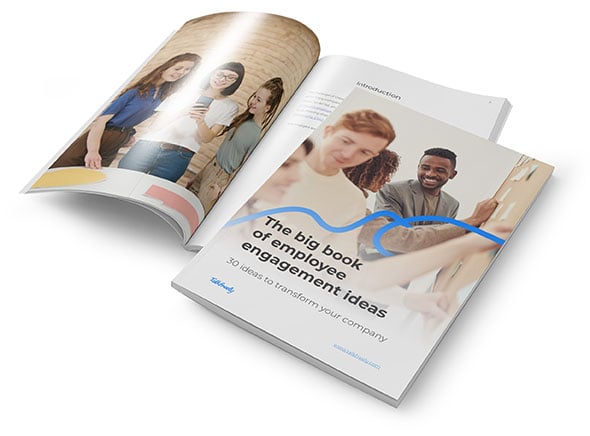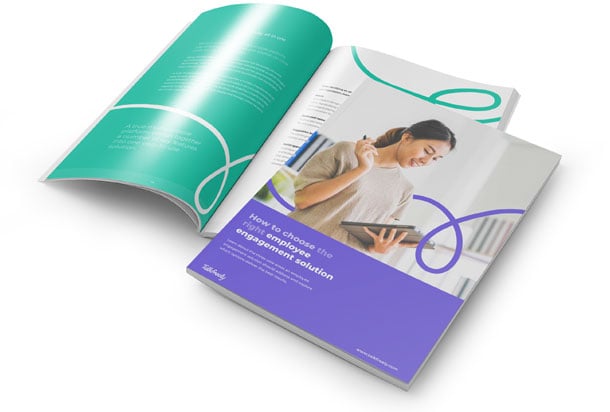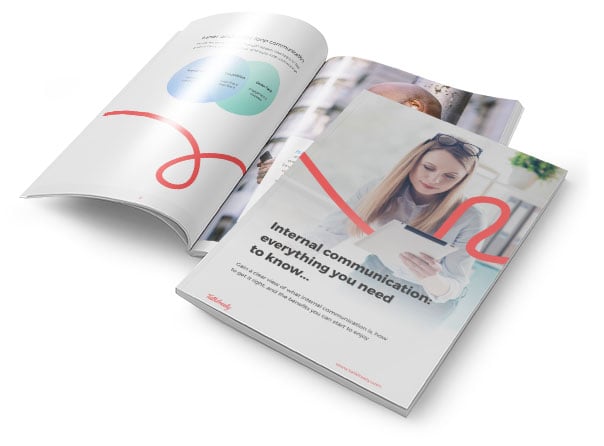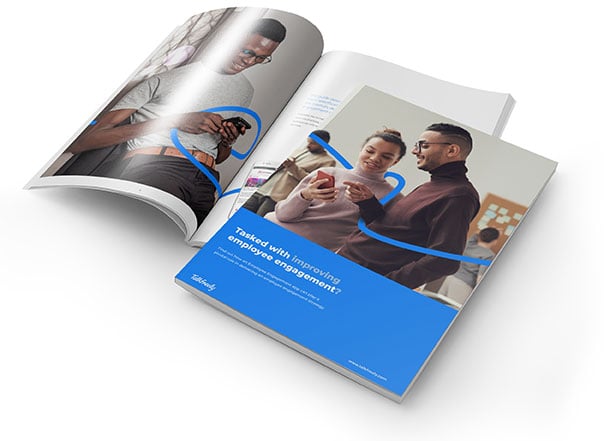Instead of saying 'we must', major companies are instead phrasing their need for innovation in softer terms - how might we do x, achieve y, sort out z?
It may seem just a matter of semantics, but actually there is more behind this than a more polite turn of phrase. 'How might we' is a challenge with no boundaries, no assumptions, no limits. As Warren Berger explains in a blog for the Harvard Business Review:
"The 'how might we' approach to innovation ensures that would-be innovators are asking the right questions and using the best wording."
Webber in turn quotes business consultant Min Basadur, who has taught 'How Might We' (HMW) questioning for the last forty year (nothing new,, then). "As soon as you start using words like can and should, you’re implying judgement: Can we really do it? And should we?”
Basadur should know; in the mid 1970s he steered soap giant Proctor and Gamble away from trying to copy a rival's highly successful soap brand to creating a new one by asking “How might we create a more refreshing soap of our own?” The result was a best selling soap brand in its own right.
So, How Might We explain the effectiveness of such as simple phrase? Tim Brown, CEO of IDEO, explains that:
• 'How' suggests there is a solution available
• 'Might' allows for ideas to work or not
• 'We' implies it's a team effort through collaboration
In theory, this simple question can be applied to any innovation challenge, but in practice it appears to work best for focused, but not prescriptive, challenges. So, "How might we shave 5% off running costs of our Transit delivery vans?" may not be as effective as "How might we improve the efficiency of our delivery fleet?"
For innovation managers, the use of HMW questioning may seem irrelevant when an innovation culture is already in place in a company. However, for companies in the early throws of creating an innovation culture, it could spark interest. And for companies already engaged in innovation, it might make the difference between good responses and great responses, begging the question "How Might We test that hypothesis?"
We look forward to your responses…
Topics:
Innovation Management







